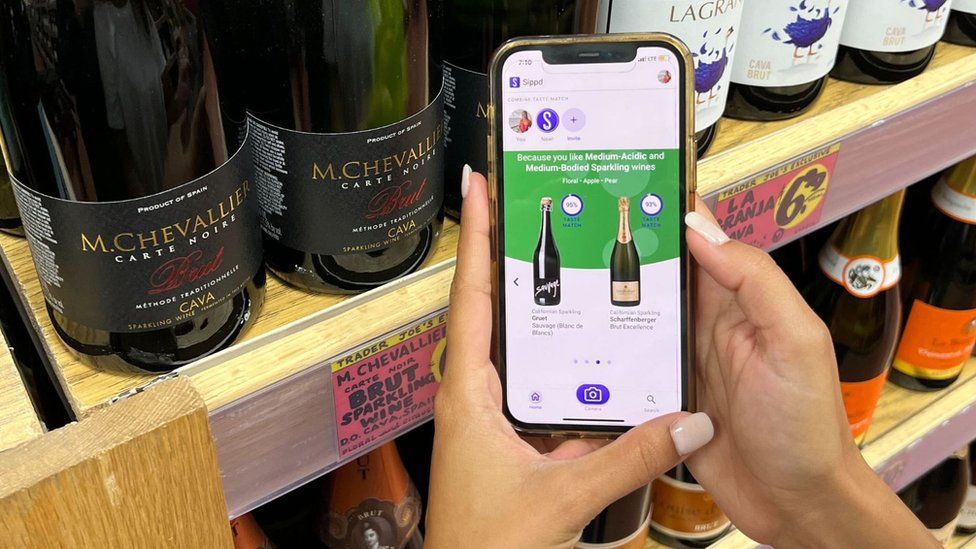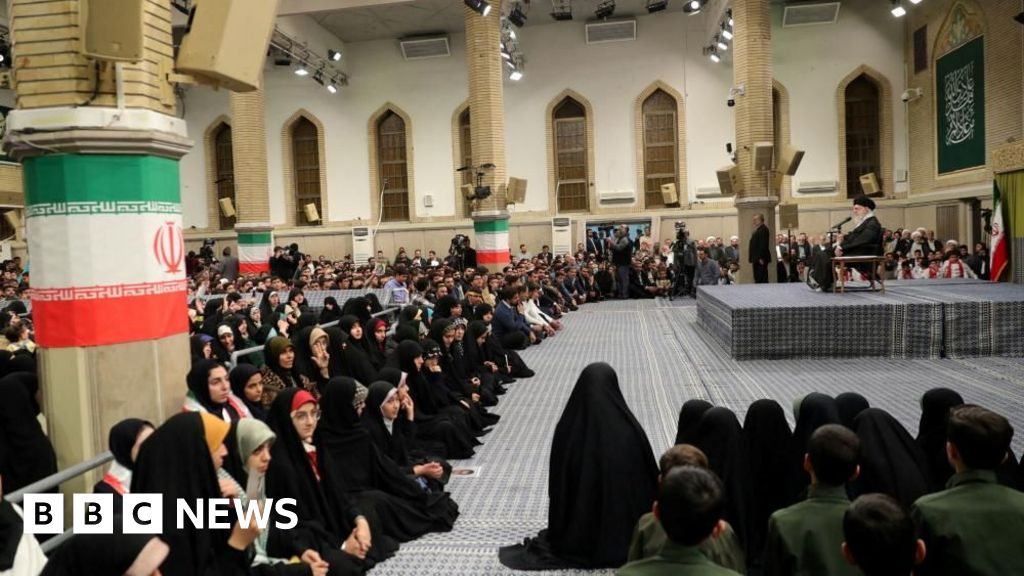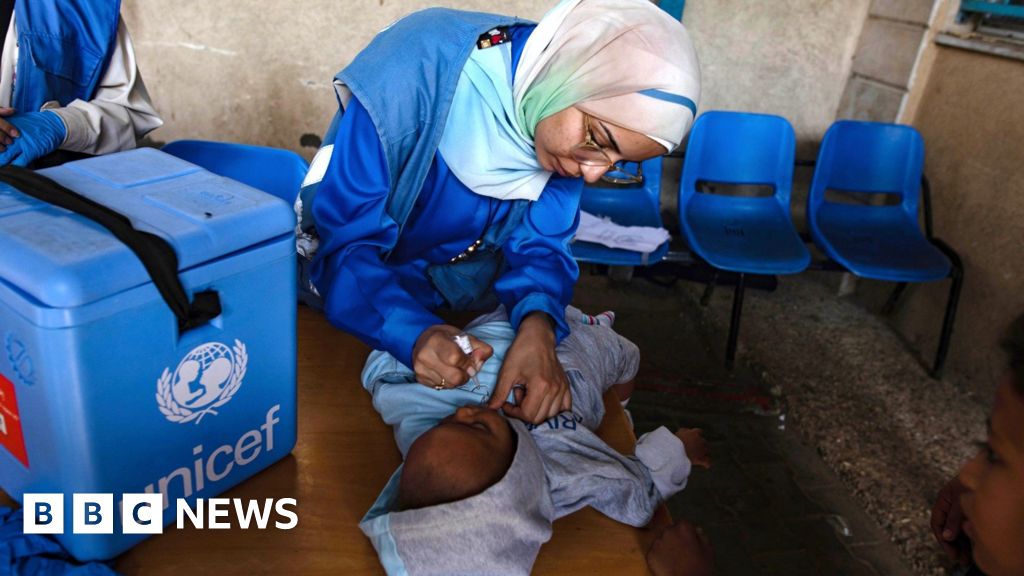ARTICLE AD BOX
 Image source, Sippd
Image source, Sippd
The Sippd app uses AI to help match drinkers with wines that they'd really like
By Will Smale
Business reporter, BBC News
Artificial intelligence (AI) can't taste or smell - at least not yet - but it is now increasingly helping people buy a decent bottle of wine.
Blake Hershey says that the inspiration for his AI-powered wine recommendation app Sippd came from his wife.
One weekend she was away with friends, and as he is the wine expert in their relationship, she kept texting him from restaurants asking for his suggestions.
Mr Hershey says the situation made him realise that there needed to be a easier way for people to pick a bottle that they'd enjoy, either in a restaurant, supermarket or wine shop.
"For all the advances in technology, the process of flipping through large wine lists full of obscure wine jargon until you give up and ask the waiting staff for a recommendation, when they don't know your preferences, seemed outdated to me," he says.
And so the idea for US-based Sippd was born, with the app launching in the States in 2021. While other wine recommendation apps are now increasingly incorporating AI, such as market leader Vivino, the difference with Sippd is that it was based on the technology from the very beginning.
Image source, Sippd
Image caption,Blake Hershey launched Sippd in 2021
New users start by completing an online wine quiz that analyses their wine preferences, such as colour, body, acidity, flavour, sweetness and price.
Then the app's AI software does the "heavy lifting", generating thousands of personal wine recommendations that it calls "taste matches". These are rated in percentage terms, with scores of 100% aiming to be a perfect match.
You can then start scanning wine lists or labels with your mobile phone's camera, and Sippd will give you your taste match scores for each bottle.
Sippd then continues to learn when the user tells the app about his or her wine purchases. The aim is that the app's individualised recommendations get ever more accurate.
"Beginner drinkers are commonly overwhelmed with the number of choices they have when purchasing wine, and they often have no clue where to start learning about their preferences towards certain flavours, characteristics, and styles," he says.
"So our team developed the introductory quiz to provide novice drinkers with a simple, approachable way to enter the vast world of wine."
Currently only available in the US, Maryland-based Sippd now has 100,000 users, and the app is free to use. The business makes its money by inviting people to buy recommended wines directly via the app for delivery.
Image source, Getty Images
Image caption,Buying a bottle of wine can be a daunting process
In Norway, tech entrepreneur Nicholas Benz launched the first version of his AI-powered wine recommendation app FinpåVin back in 2020.
Mr Benz describes the AI as a "living, breathing thing" that learns from a users preferences, forever fine-tuning its recommendations.
While the app currently only works with wines on sale at Norway's state-owned alcohol shops, Mr Benz is looking at the possibility of expanding overseas.
He says he is also now aiming to train the AI "to create unique personalities for wines based on their characteristics", with the wines being able to "talk". Or at least for the AI to pretend to be a talking wine.
"I'm also developing a social network where wine takes centre stage, and with the help of AI, each wine shares social media content like pictures and text updates. Users can even chat with a wine to learn more about it."
New Tech Economy is a series exploring how technological innovation is set to shape the new emerging economic landscape.
But what do professional wine experts think about such apps? The view is mixed.
"Overall I think they can be really good, if used properly," says John Downes, who is a master of wine - a holder of the top qualification in the industry. "These apps connect with people, the guy in the street, in a way that the wine trade often fails at.
"They have a great potential in helping people along, and helping them to understand wine more."
Wine writer Jamie Goode is far more critical, saying that wine apps "often promise a lot, but fail to deliver".
"The problem with trying to match wines to consumers is - how do you you break down a wine into it component parts, and then understand their nature and qualities in a meaningful way that gives you data to play with in an app?" he asks.
"And how can the app know about the tens of thousands of different wines made each year, with numerous vintage variations? If you want to find a more interesting bottle to drink, go to a genuinely good independent shop or website, which will have a carefully chosen range of wines."
Image source, Nicholas Benz
Image caption,Nicholas Benz is an avid wine enthusiast
At Oxford University, Sandra Wachther is a professor of technology and regulation, where she researches the legal and ethical implications of AI. Given that she is a global leader in the study of AI, you might imagine that she would be all in favour of AI-powered wine apps.
Instead she says it is an area where humans should really try to find a good bottle on their own, without reaching for the help of technology. "When it comes to smells and taste, food or drink, we might want to enjoy grazing and tasting ourselves, rather than to follow recommendations [from an app].
"We might enjoy following our own eyes and noses, and value being surprised by a dish or beverage. While I can see many exciting roles for AI in our society, some areas of expertise might be best left to ourselves."
Sippd's head of marketing, Alicia Ortiz, counters that the app is simply about helping people, especially beginner wine drinkers, "so they no longer have to roll the dice, or spend unnecessary time researching, when they could be just sipping and enjoying".

 1 year ago
26
1 year ago
26








 English (US)
English (US)